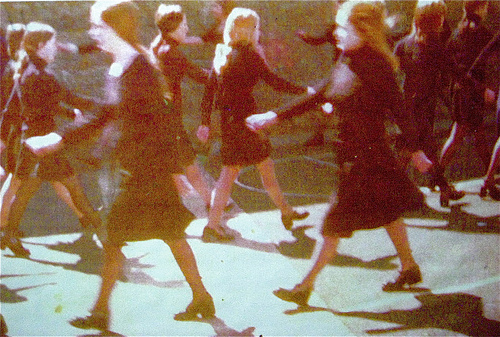Apr 21, 2009 Comments Off on The Sile Darragh letter
The Sile Darragh letter
Disputed events during hunger strike
Tue, Apr 21, 2009
Madam, – Richard O’Rawe (April 10th) claims that Brendan “Bik” McFarlane denies there was an offer to end the 1981 hunger strike, and other people, including spokespersons for the IRSP, have said that it knew nothing of an offer until Richard O’Rawe published his book in 2005.
I have before me, David Beresford’s book Ten Men Dead which was published in 1987 and which presumably Richard O’Rawe has read. Here are some quotes from 1981: “The Foreign Office, in its first offer . . .” (p293); “a vague offer” p294; “parts of their offer were vague” – Brendan McFarlane (p295); “nothing extra on offer” (p295); “what was on offer” (p297); “he [Gerry Adams] told the two men [Fr Crilly and Hugh Logue of the Irish Commission for Justice and Peace] what the Government had been offering” (p297). On p294 and p302 it reports that Danny Morrison in the prison hospital told the hunger strikers (Joe McDonnell, Kevin Lynch, Kieran Doherty, Tom McElwee and Mickey Devine) the details of what the British appeared to be offering. So much for Mr O’Rawe claiming they were kept in the dark.
Mr O’Rawe didn’t speak to the hunger strikers, didn’t visit the prison hospital or meet the Irish Commission for Justice and Peace.
This whole matter will be put to rest when he grasps the difference between an offer and a deal (which the British refused to stand over). – Yours, etc,
SÍLE DARRAGH,
Ex-Armagh Gaol POW,
Strand Walk, Belfast.

 It has withstood the blows of a million years, and will do so to the end.
It has withstood the blows of a million years, and will do so to the end.